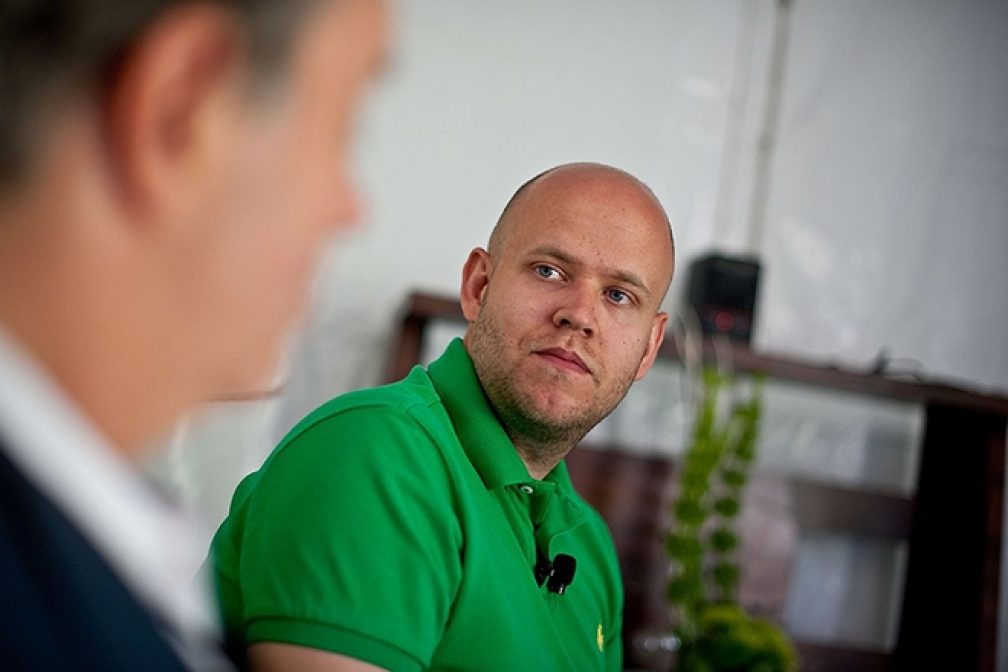Spotify CEO claims cost of creating “content” is “close to zero”
Daniel Ek's claims come in a year in which Spotify has made over £1 billion in profit, and announced controversial new subscription rules
Spotify CEO Daniel Ek has claimed on Twitter that the cost of creating music or “content”, is “close to zero” in the modern world, comments which have garnered widespread backlash from fans and artists across the world.
The full tweet reads: “Today, with the cost of creating content being close to zero, people can share an incredible amount of content. This has sparked my curiosity about the concept of long shelf life versus short shelf life.”
Read this next: Please stop calling music 'content'
He continued: “While much of what we see and hear quickly becomes obsolete, there are timeless ideas or even pieces of music that can remain relevant for decades or even centuries. For example, we’re witnessing a resurgence of Stoicism, with many of Marcus Aurelius’s insights still resonating thousands of years later.”
The tweet has sparked outrage online, with a number of users quickly taking to Twitter to voice their opinions on the controversial comments, with one user Tim Pebbles commenting: “Music will still be valued in a hundred years. Spotify won’t. It will only be remembered as a bad example of a parasitic tool for extracting value from other peoples music. (or “content” as some grifters like to call it).”
Read this next: UK committee calls for "complete reset" on music streaming industry
Many others also responded referring to the high costs of creating music, including equipment costs, studio time, rehearsal spaces, mixing, mastering and travel, with Primal Scream’s bassist Simone Marie Butler calling out the CEO for being an “out of touch billionaire”.
The tweet is the latest storm in a number of recent controversies involving Spotify, with the company's former head of publisher licensing calling recent changes to its subscription service “misguided and unfair”.
Read this next: Spotify's former licensing head claims platform “deprives” publishers and songwriters of royalties
It has also faced backlash for cutting 17% of its workforce in a year in which it has made over £1 billion in profit, and for making changes to its royalty system, which has seen it demonetise tracks under 1000 streams.
Jamaal Johnson is Mixmag's Digital Intern, follow him on Instagram

